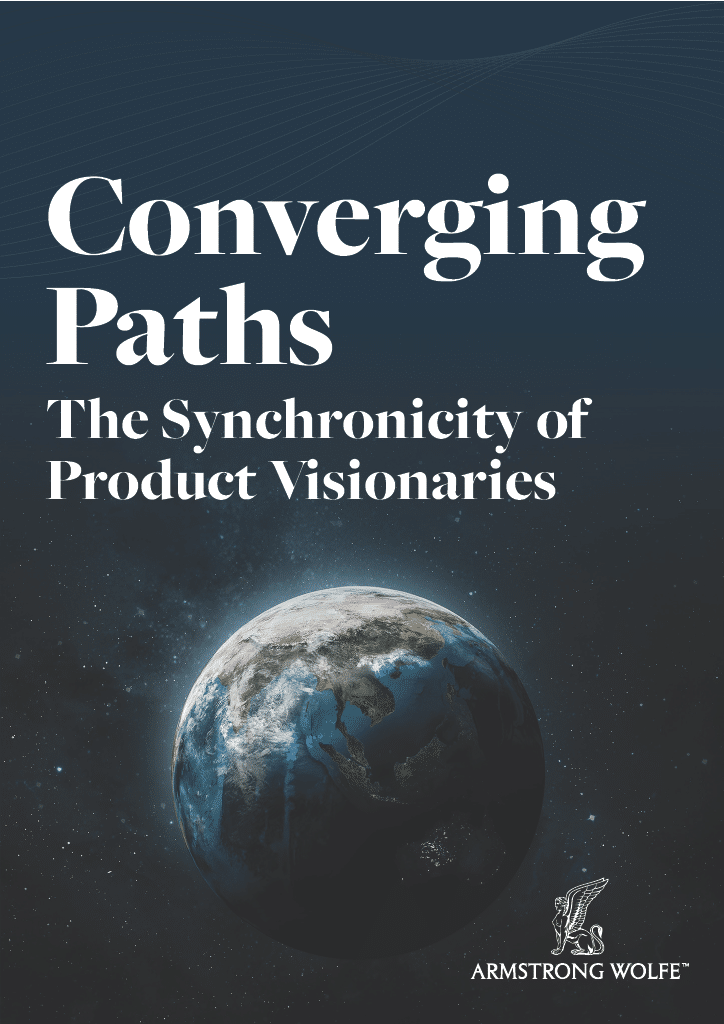For the last six months, there has been much focus on the impact of COVID-19 as executives make difficult decisions about restructuring, strategy and budget cuts. With so much attention on the bottom line, the mental health of employees could be overlooked. We talk about it, but when is the last time you checked in— really checked in—with your colleagues?
As we adapt to new ways of working and conducting our interactions, there is concern around how COVID – 19 is disconnecting us further from our human relationships. Former US Surgeon General Vivak Murhty has noted that this could cause a “social recession, with profound consequences for our health, for our productivity in the workplace.” Experts have found that social isolation can have a profound effect on people’s physical, as well as mental health. Many are now struggling with the impact of working away from their colleagues, they miss the spontaneous conversations that spark ideas and creativity, the social aspects of work that we enjoy as human beings.
Dhruv Khullar, a physician and researcher at Weill Cornell Medicine in New York, said short periods of isolation can quickly cause increased anxiety or depression
“We have evolved to be social creatures. For all the history of humanity, people have been in family structures, people have been in groups, we’re evolved to kind of crave and rely on that interaction with other human beings,” Khullar said. “So when we don’t have that it’s a huge void in the way that we go about being human. This is something that has been kind of hard-wired into who we are as beings.”
Personal relationships help us cope with stress, research conducted by Julianne Holt-Lunstad, a professor of psychology and neuroscience at Brigham Young University recognises “People who are more socially connected show less inflammation, conversely people who are more isolated and lonely show increased chronic inflammation. Chronic inflammation has been implicated in a variety of chronic diseases,” In other words, helping to protect mental health is vital for the maintenance of the physical health of employees and their well being.
In July’s newsletter we explored how this provides the opportunity for employers to be viewed as the employer of choice, a way of actively demonstrating empathetic leadership and providing reassurance that employee welfare is at the heart of decision making.
To combat social recession, it’s critical for organizational leaders to prioritize the mental health of their employees.
What might this look like in practice?
Requiring daily check-in meetings and virtual happy hours, while well-intentioned, can have the opposite effect, leading to “Zoom fatigue” and employee disengagement, it might not be appropriate for all team members and can actually increase feelings of isolation. Instead of assuming what’s best for your employees, ask them what they need and listen to them.
They may need a mental health day, or a regular few hours off each week, or they may just need uninterrupted time to work, without the constant interruptions of technology. They may also benefit from companysponsored counselling or coaching support to help them through the challenges of the new normal. Help them understand that it’s ok to say it’s not ok. There might be struggles with children frustrated with home schooling, relationships challenges, or anxiety rooted in caring for other family members or parents isolating with health issues. The opportunity to speak with an independent, impartial coach will help them feel valued and connected.
Employers who maintain a duty of care towards their employees will be the ones to prosper in the long term.
A professional career management coach can help you by providing independent, impartial support to your team members enabling them to
• Talk frankly and confidentially about their concerns
• Identify helpful coping strategies, be it approaching a difficult conversation with a manager or addressing the need for extra support at home
• Establish boundaries between their domestic and working lives.
Ongoing communication and trust are vital to ensuring employee wellbeing and will help in managing the transition back to the office. Behavioural integrity is under scrutiny and ongoing communication and commitment is key. Nothing will change much in the next 18 months but in two years? Leading organisational psychologist John Amaechi predicts Linked in being aflame with excellent employees looking to moe from leadership they can no longer tolerate.
To find out more about the Armstrong Wolfe session details and pricing, please contact:
Kate Hutchins, Career Coach Armstrong Wolfe










